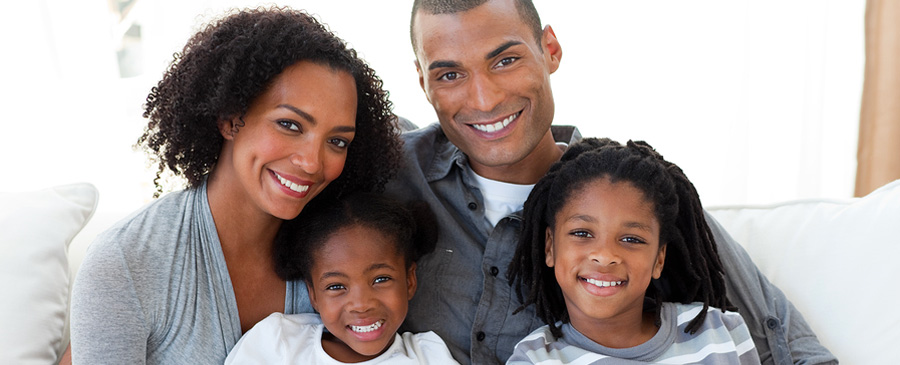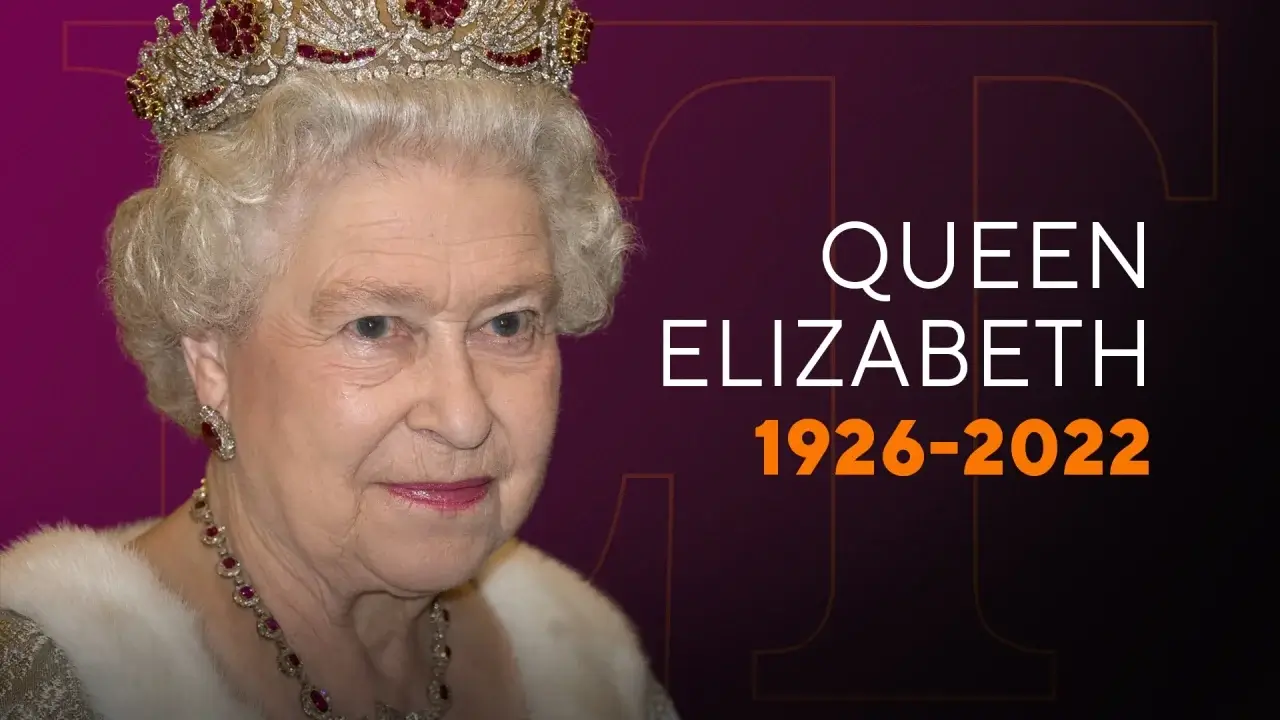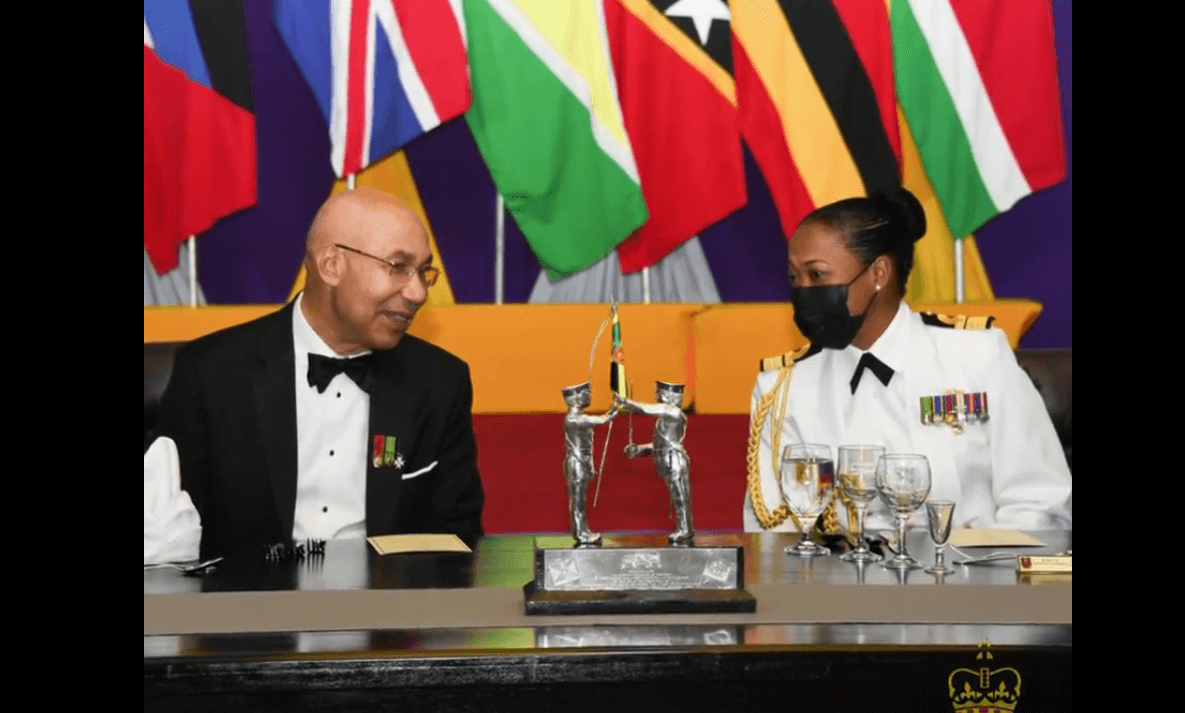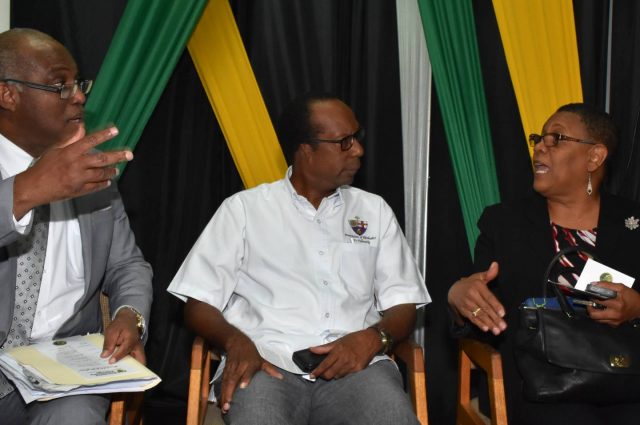How’s marriage doing? A mixed diagnosis finds rich poor gap, later vows, gays gaining access
By David Crary
THE ASSOCIATED PRESS
Through two decades of debate on whether America’s gays and lesbians should have the right to marry, opponents of such unions depicted their resistance as “defence of marriage.” Now, on the cusp of a Supreme Court ruling that could legalize same-sex marriage nationwide, the underlying institution is under scrutiny anew.
Does marriage in America indeed need help? What kind of shape is it in? In simplest terms, the diagnosis is mixed.
Among college-educated, relatively affluent couples, marriage is doing pretty well. Where education and income levels are lower, it’s often a different story _ higher divorce rates; far more children being born out of wedlock, including many to single mothers.
There’s broad sentiment that this “marriage gap” is unfortunate, but no consensus on what to do about it. Some believe government-funded marriage-promotion programs can make a difference. Others depict marriage-focused solutions as misguided and say the problems can be eased only by broader economic and social initiatives benefiting all types of households.
“There is no one silver bullet,” said David Blankenhorn, head of a centrist think-tank, the Institute for American Values, that focuses much of its work on marriage and families.
Yet despite uncertainty about solutions, he and others believe there is now an opportunity to bridge the left-right split over marriage, particularly in light of the sweeping gains for gay and lesbian couples.
For many years, the gay-marriage debate was intertwined with assertions about “traditional marriage” between a man and a woman. A federal act passed in 1996 and a subsequent wave of amendments adopted in many states used the term “defence of marriage” to deny recognition to same-sex unions. Many opponents of same-sex marriage argued that allowing gays to wed would somehow undermine heterosexual marriage.
Such arguments have fared poorly in recent federal court cases. And there’s a strong likelihood that the Supreme Court will order the legalization of same-sex marriage in all 50 states in a ruling expected soon. Opinion polls show a solid majority of Americans support it.
“Marriage as culture war in America can now be replaced by marriage as common cause,” said a coalition of scholars and civic leaders in their manifesto for a new initiative called Marriage Opportunity.
The group, with Blankenhorn as an organizer, envisions liberals fighting for economic opportunity, conservatives fighting for stronger families and gays who have now won marriage rights for themselves all uniting to confront the marriage gap.
Scholars who have chronicled the gap say it stems in large measure from the loss of stable, well-paid industrial jobs _ consigning many young adults to precarious, low-paid work, and prompting some to put off marriage even while having children out of wedlock.
In contrast, college-educated young adults are more likely to wait until marriage to have children and then have the prospect of raising them in a household supported by two good incomes.
According to the Pew Research Center, the share of American adults who’ve never married is at a historic high. In 2012, 20 per cent of adults 25 and older had never been married, compared to 9 per cent of adults in 1960. Back then, according to Pew, the likelihood of being married didn’t vary according to level of education; now men with advanced degrees are far more likely to have married than those who didn’t go beyond high school.
Another striking figure: Unmarried mothers account for 40.6 per cent of children born in the U.S., according to recent Census data. In the African-American community, the rate is 71.5 per cent.
Tera Jordan, a professor of human development at Iowa State University, has studied various aspects of marriage and relationships among black Americans.
She sees a need for multiple changes _ more access to good-paying jobs, better educational opportunities, a lowering of the incarceration rate for young black men. Her advice to young adults wondering about marriage: “Be clear about your goals, be patient. Finish your education.”
www.trulyafakari.com





